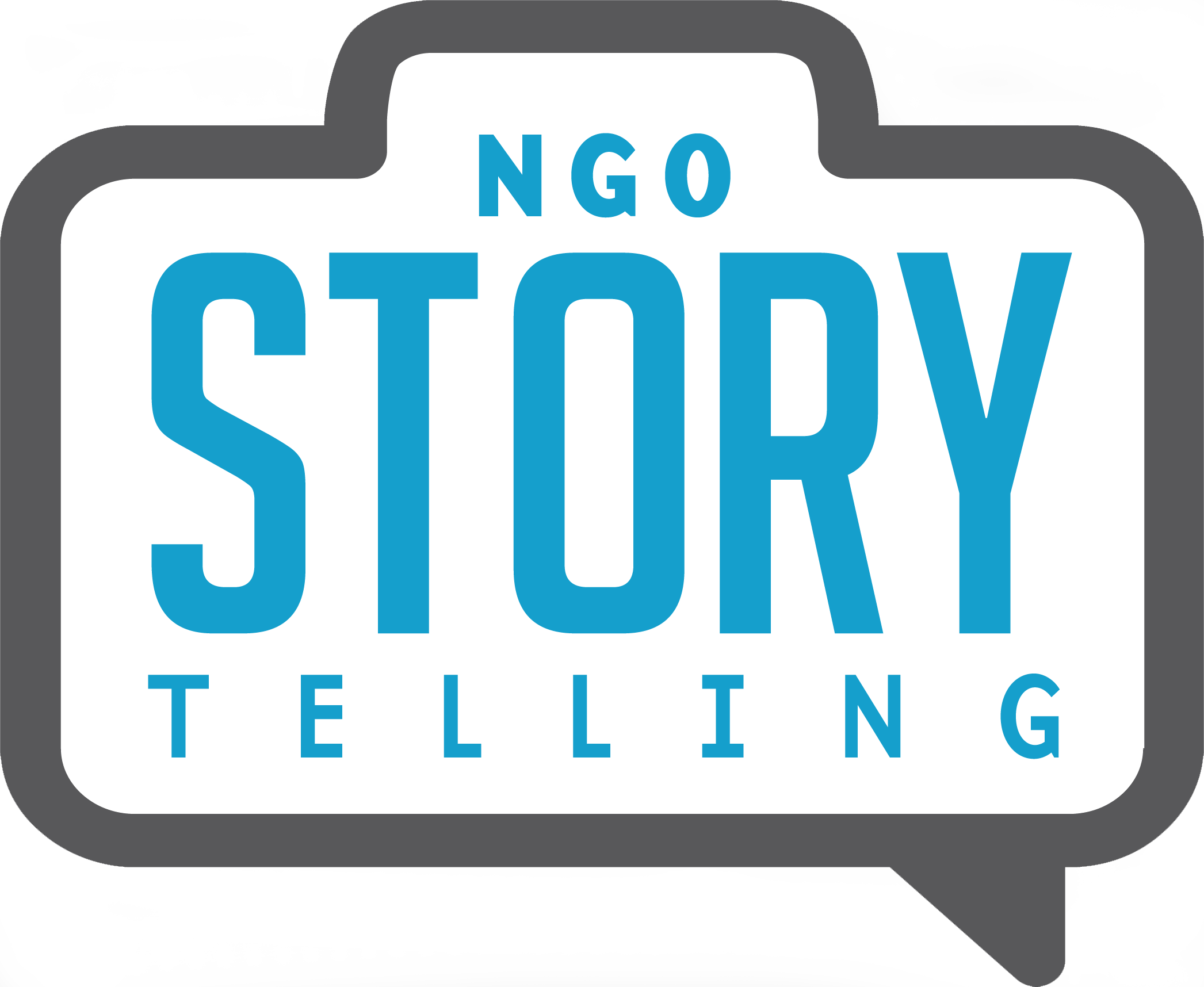When to Put Down the Camera
Years ago, I spent one week photographing a story on Aasima, a single mom raising two young children in Virginia. We came from such different worlds yet we shared an intense, common experience from our past that helped us forge a quick bond and a strong trust in each other. That trust meant Aasima allowed me to photograph every part of her life from day one.
It was the first time someone granted me such complete access. It was an amazing gift for a photographer. But I didn't photograph every minute of every day I spent with Aasima and her children. It was more like 60% photographing and 40% talking and hanging out. I put down my camera a lot, reminding myself of something numerous grad school professors, photo editors and mentors had told me over the years: treat your photo subjects as people first.
It sounds so simple, right? Yet sometimes, in the quest for amazing, storytelling images, it's easy to lose sight of this fact. You see two half-dressed kids playing in a mud puddle at sunset and first you think, "Great picture!" and you click. Second you think, "How did my taking that photo make that person feel?"
Ever since my time with Aasima, I've made it a point to think of the latter question first. There are so many pictures I haven't taken because I've instead chosen to shuck corn with farmers or chat about chores with a mother or dance with women at a community meeting. Putting down my camera means I miss pictures. It also means I gain perspective and I listen to stories. I feel that being present without my camera in front of me makes me a better person and storyteller.
When I was hanging out with Aasima, being present without my camera meant I ended up learning things about her that I don't know about my closest friends, and vice versa. It wasn't because I was trying to get a good story; it was because I was genuinely interested. We stayed in touch for a few years after I photographed her for the story.
My best stories still happen when I focus on connecting with the people I'm photographing and filming. It will probably work for you, too. So try putting down your camera and having a real conversation with the person you're photographing. See how it changes the way you look at each other. See how it changes the stories you tell.
Photo caption: Aasima Hajja Spruill readies her children Avemaria, 4, and Zaheir, 2, for school in Norfolk, Va. © Laura Elizabeth Pohl
